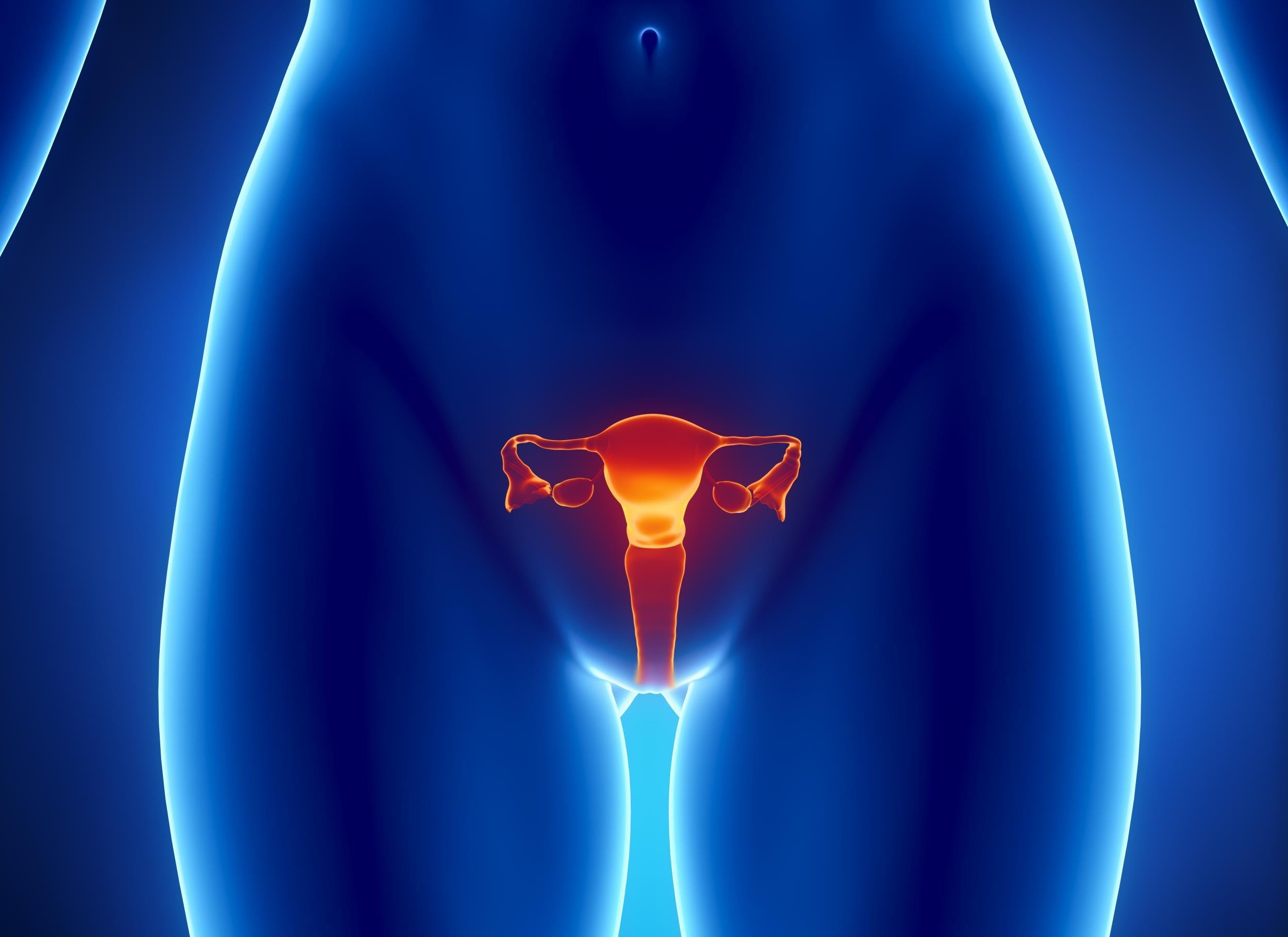The biggest NHS scandal you've never heard of only affects women, but men should be just as concerned
Transvaginal mesh can lead to side effects ranging from chronic pain to organ damage and paralysis, yet the NHS still continues to recommend the procedure based on dubious data. This isn’t a women’s issue; it’s a national health concern


Your support helps us to tell the story
From reproductive rights to climate change to Big Tech, The Independent is on the ground when the story is developing. Whether it's investigating the financials of Elon Musk's pro-Trump PAC or producing our latest documentary, 'The A Word', which shines a light on the American women fighting for reproductive rights, we know how important it is to parse out the facts from the messaging.
At such a critical moment in US history, we need reporters on the ground. Your donation allows us to keep sending journalists to speak to both sides of the story.
The Independent is trusted by Americans across the entire political spectrum. And unlike many other quality news outlets, we choose not to lock Americans out of our reporting and analysis with paywalls. We believe quality journalism should be available to everyone, paid for by those who can afford it.
Your support makes all the difference.This year, news broke of a dangerous medical device, after years of campaigning and investigation.
Senior doctors have said it could be the most serious medical scandal since thalidomide. There have been calls in Parliament for a public inquiry into the situation.
Oh and, you may not have heard of it – because it’s about vaginas.
Specifically, transvaginal mesh procedures, which many believe are unsafe, untested and improperly prescribed as a treatment for common complications related to childbirth, such as incontinence or prolapse. The scandal was the subject of The Independent’s long read last week, yet has has received relatively little headline attention.
This is partly, many sufferers believe, because of shame and stigma surrounding discussion of female genitals and sexuality, and partly because the disaster exclusively affects women.
Or does it?
To the men who wince when they read the word vagina and quickly turn the page, or who think “women’s health scandal” doesn’t apply to them, I say: this should concern you, because it affects you directly.
There have been accusations of whitewashing, cover-ups, corruption, financial conflicts of interest, poor regulation, lack of clinical trialling and insufficient data to properly represent risk and side effects.
There’s proof that the NHS is trying to minimise the scandal – minutes from a meeting in October obtained by the Press Association included a desire to “take the press element out of it” and “avoid media attention” on mesh.
Over 100,000 people are suing in America, where the device is classed as “high-risk” and the US Food and Drug Administration (FDA) issued a public health notification all the way back in 2008 insisting the device injured up to 40 per cent of women who had the procedure.
In 2014, the former Scottish Health Minister, Alex Neil, requested the NHS suspend the use of mesh in Scotland pending safety investigations.
And yet, the Medicines and Healthcare products Regulatory Agency (MHRA), our Government’s medical devices watchdog, continues to maintain that there is only a 1-2 per cent risk.
The final report, published in July, concluded that no update in safety regulation or policy was necessary, but it doesn’t factor in data on side effects which patients report to their GPs, rather than hospitals.
Nor does it feature any data on loss of sexual pleasure – it’s not classified as a “serious side-effect”, and it’s just not considered important. Many other long-term side effects go unreported, and are therefore not included in the report, nor taken into consideration by policy-makers.
If the MHRA and NHS England are basing safety recommendations on incomplete data sets (read: ignorance), then this has wider implications than just one procedure.
The device was approved for use in the EU before it was established as safe – via a device regulation loophole called “substantial equivalence”, which means it was considered similar enough to a device already on the market to be approved without any clinical trialling or long-term studies. But the device it was “equivalent” to had already been withdrawn from the market following serious concerns about long-term effects. Regardless, the mesh was approved.
If high-risk procedures and untested devices are still being given the all-clear, despite global litigation, health warnings and lack of proper trials, then that should worry all of us.
These devices are earning a truckload of money for the companies who marketed the mesh. There have also been accusations of conflicts of interests: that doctors and scientists involved in investigating the safety of the procedures were given research and travel grants from such corporations.
This “quick-fix” procedure has taken the place of more traditional, safer options like the autologous sling, and more effective non-surgical strategies for minor incontinence, like long-term pelvic physiotherapy.
How was this allowed to happen? The answer is highly complex, yet achingly familiar – and it isn’t just “vaginas”. It’s something that affects all of us: resources, or lack thereof.
Funding cuts, staff shortages, overcrowded and overstretched hospitals, time pressures on staff and on the NHS to keep beds free has led to a push towards quicker, short-term fixes that more doctors can be trained to perform, rather than more specialised operations.
Add this to a lack of proper data and a criminally weak medical device regulatory system that has seen the PIP implant and metal hip scandals in the last five years alone, and it becomes clear how we reached this point, especially when many of the side effects relate to gynaecological issues often dismissed by the medical community.
We should be concerned if our health system is forced to prioritise convenience and financial targets over wellbeing of its patients. The vaginal mesh is causing chronic burning pain, organ erosion, bladder and bowel perforation, tissue damage, and some women are even left wheelchair-bound.
These women’s sex lives are being ruined – and not just theirs. Some report that the mesh has sliced through the vaginal walls, cutting the man’s penis during sex. That ought to get everyone’s attention.
We must all fight against this, if not simply to end the suffering of women who could be our mothers, sisters, girlfriends or colleagues, then because the system which is still recommending the vaginal mesh, despite all these concerns, is a danger to all of us.
You may not have a vagina, but you do have a stake in this. Everybody does.
Join our commenting forum
Join thought-provoking conversations, follow other Independent readers and see their replies
Comments